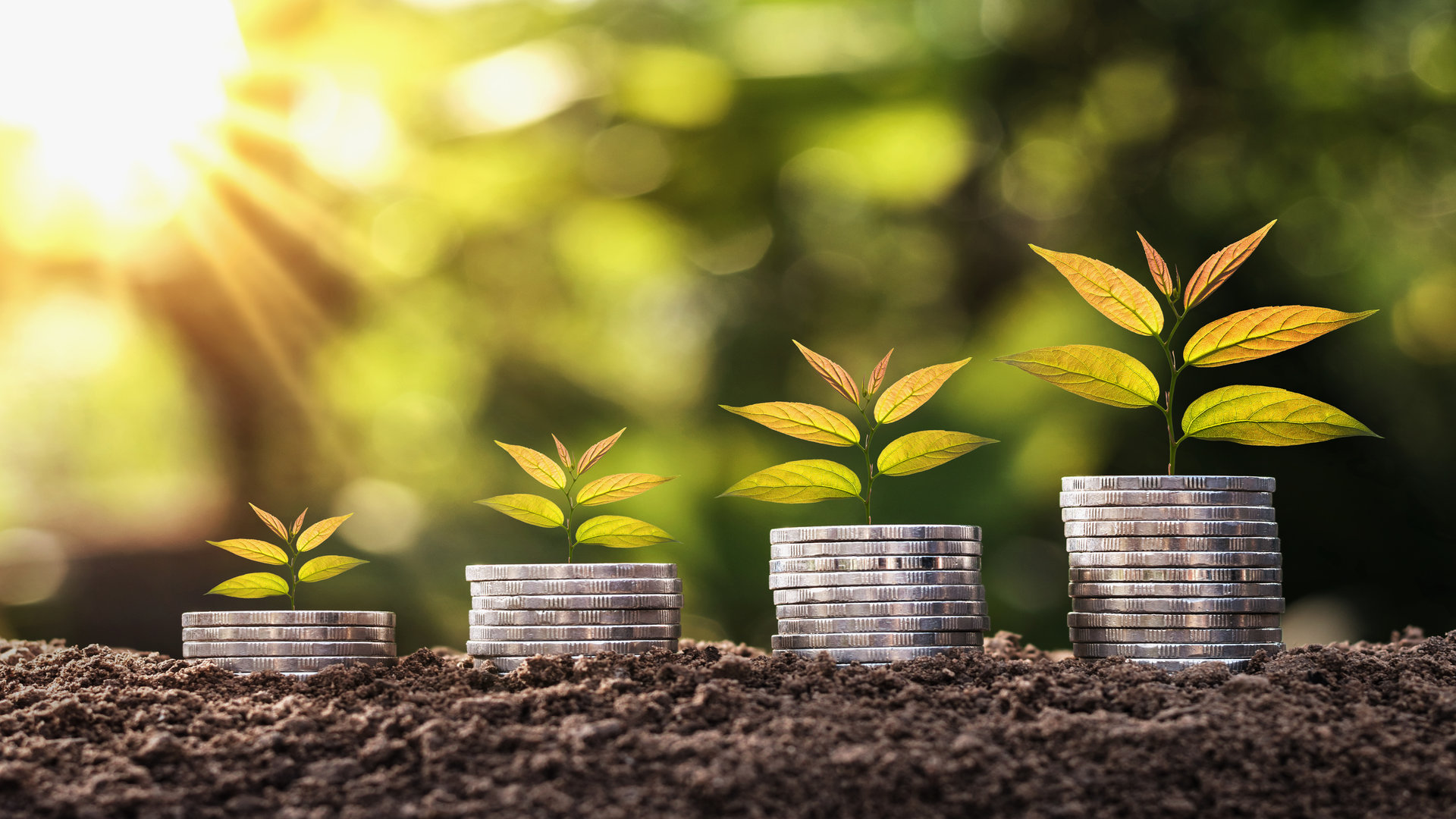
Publication
AML enforcement on the rise: Global Horizon Scanner
In the first instalment of our global horizon scanner series, our team consider the growing trend of increased regulatory enforcement relating to anti-money laundering.


South Africa | Publication | February 2020
President Ramaphosa’s 2020 SONA address acknowledged the many problems facing the country. While he spoke of “signs of progress” and “unbounded potential,” he also accepted that the governments’ actions thus far during his presidency have not been enough to free the country’s economy. The debilitating effects of load-shedding were addressed, and it has been noted that South Africa’s biggest economic risk currently is Eskom.
President Ramaphosa outlined numerous plans for the short to medium term to address this situation, and indicated that in the upcoming Budget, the Minister of Finance will outline measures to reduce spending and allocate a larger portion of spending towards infrastructure and productive activity, away from consumption and debt servicing.
The 2019 medium-term budget policy statement, which was before Parliament in October last year, projected an increasing main budget deficit as a result of lower nominal GDP, with gross tax revenue expected to fall short of budget estimates by R52.5 billion in 2019/2020 and R84 billion in 2020/21, reflecting the current weak economic environment under which South Africa is operating. The medium-term budget policy statement went on to note that significant tax increases over the past several years have left moderate scope to boost tax revenues but given the size of the adjustment required, additional measures are under consideration.
In addition to low economic growth and under-collection by SARS, various national and international factors have contributed to poor revenue performance in the past financial year. The National Treasury reported in October 2019 that the debt-to-GDP ratio is projected at 60.8 per cent for the 2019/2020 tax year, with this ratio projected to be in excess of 70 per cent by 2023, and continuing to rise unless steps are taken to reduce the budget deficit.
Stabilising the debt-to-GDP ratio necessitates narrowing the gap between revenue and expenditure, by increasing tax revenue and decreasing expenditure. The public sector wage bill, which accounts for 46 per cent of the tax revenue in 2019/2020, has been specifically identified as an area where growth needs to be curbed. President Ramaphosa spoke about containing the public wage bill and reducing wastage and irregular expenditure, and emphasised the commitment to the fight against corruption and state capture. Whilst these statements must be lauded, any changes to be made will take some time to filter through and similar promises in the past have not been kept.
President Ramaphosa also spoke to the importance of improving the efficiency of the tax system. We have already seen additional funds being allocated to SARS to bolster their efforts in combating corruption and improving revenue collections. Among other initiatives, this has seen the reestablishment of the Large Business Centre in October 2019 and the reconstitution of the unit that tackles illicit financial flows from tobacco smuggling, illegal imports and counterfeit goods. At the end of January 2020, the SARS Commissioner reported that these efforts are starting to bear fruit and the illicit financial flows unit has recovered R2.6 billion in taxes since April 2019. In addition, the Commissioner has recently announced that SARS will be embarking on building a smart modern revenue authority with artificial intelligence and interconnectivity of people and devices being used as a methodology to boost tax revenue collection.
Personal income tax is currently the largest contributor to total tax revenue and this tax burden is currently borne by few. A joint publication between National Treasury and the South African Revenue Service reports that 703,104 taxpayers were liable for 75 per cent of the total assessed personal income tax for the 2017 year of assessment. Put a different way, 703,104 taxpayers were liable for R214 336 million tax and therefore, increasing personal income taxes does not appear to be sustainable.
The corporate income tax burden is similarly borne by few, with the concentrated nature of the South African economy being evident. Merely 380 large companies were liable for 57.2 per cent of the corporate income tax assessed as at July 31, 2019 for the 2017 year of assessment. In the persistently weak economy, corporate income tax contributes less and less to total tax revenue each year, and accounted for 16.6 per cent of the total tax revenue in the 2018/2019 tax year. At 28 per cent, the corporate income tax rate is already on the high side in comparison to our competitors, and any increase in this rate would only serve to discourage investment and reduce jobs.
This leaves few avenues for improved revenue collection. Additional tax revenue will most likely be raised by foregoing inflationary adjustments to the personal income tax brackets and to medial aid credits. Increases in the tax on tobacco and liquor products and the fuel levy will most likely also be seen.
This will however not raise sufficient additional tax revenue to plug the expected deficit. The rate of VAT in South Africa remains low in comparison to other countries, and it would not be surprising to see the Minister increase the VAT rate by 1 or 2 per cent. Although undesirable, this may be seen as the most viable way to reduce the budget deficit when the Minister tables the Budget before Parliament on February 26, 2020.

Publication
In the first instalment of our global horizon scanner series, our team consider the growing trend of increased regulatory enforcement relating to anti-money laundering.
Subscribe and stay up to date with the latest legal news, information and events . . .
© Norton Rose Fulbright LLP 2026